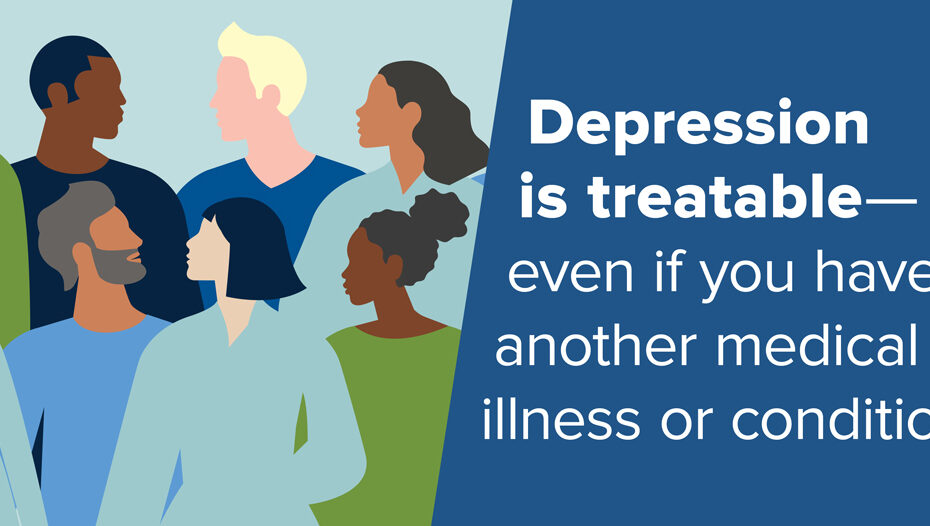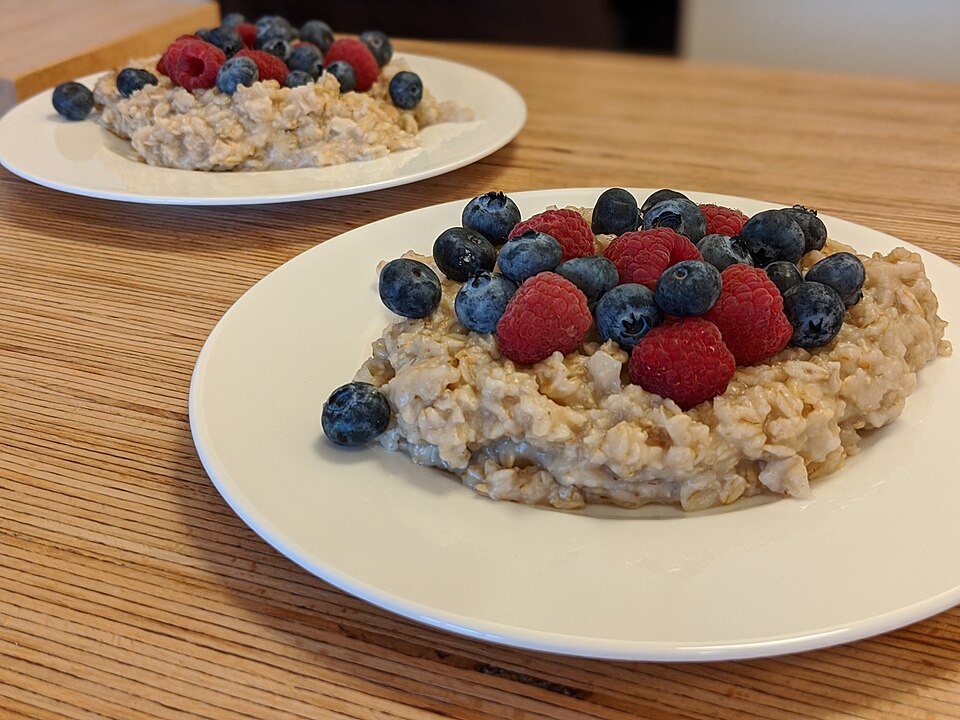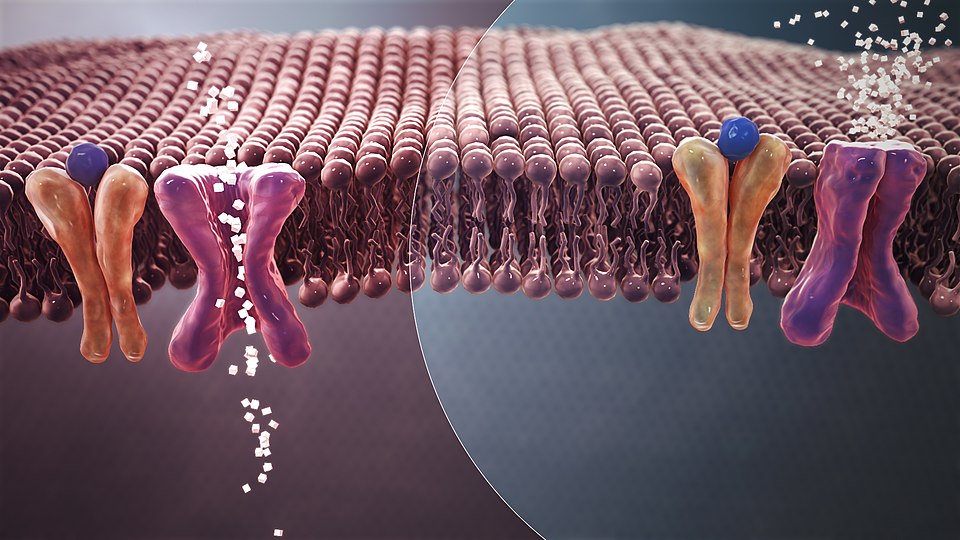SSRI Medications vs Natural Remedies: Effectiveness, Safety, and Depression Support
You’re standing in your doctor’s office, prescription in hand. The diagnosis says depression, but the treatment options feel overwhelming. Should you take SSRI medications, or could natural remedies work just as well?
This question matters more than you might think. Nearly 13% of U.S. adults take antidepressants, but many wonder about alternatives. So let’s break down what actually works, what the science says, and how to choose the right path for your mental health.
Understanding SSRI Medications

SSRI medications (selective serotonin reuptake inhibitors) are the most commonly prescribed antidepressants today. They work by increasing serotonin levels in your brain, which helps improve mood and reduce depression symptoms.
Think of serotonin as your brain’s mood messenger. When you’re depressed, these messages don’t get through properly. SSRIs help by blocking the reabsorption of serotonin, so more of it stays available to send those feel-good signals.
How SSRIs Work in Your Brain

Here’s what happens when you take SSRI medications. The drug targets specific proteins called serotonin transporters at nerve endings. By blocking these transporters, SSRIs allow serotonin to remain active longer between brain cells.
But here’s the catch: you won’t feel better overnight. Most people need 4 to 6 weeks before they notice real improvements. That’s because your brain needs time to adjust and build new neural connections.
Common SSRI Medications
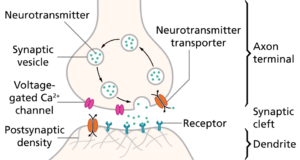
The FDA has approved several SSRI medications for depression treatment. Each works similarly but has slightly different effects. For example, fluoxetine (Prozac) stays in your system longer, while sertraline (Zoloft) is often better tolerated.
Other options include escitalopram (Lexapro), citalopram (Celexa), paroxetine (Paxil), and fluvoxamine (Luvox). Your doctor will consider your symptoms, medical history, and potential side effects when choosing which one to prescribe.
| Medication | Common Dose | Key Characteristics |
|---|---|---|
| Fluoxetine (Prozac) | 20-60 mg daily | Long half-life, may cause initial anxiety |
| Sertraline (Zoloft) | 50-200 mg daily | Well-tolerated, good for anxiety too |
| Escitalopram (Lexapro) | 10-20 mg daily | Fewer side effects, highly selective |
| Citalopram (Celexa) | 20-40 mg daily | Similar to escitalopram but less potent |
Natural Remedies for Depression
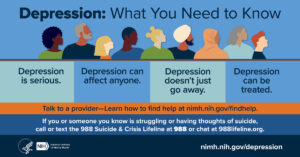
Now let’s talk about natural approaches. These include herbal supplements, exercise, dietary changes, and lifestyle modifications. Many people prefer natural remedies because they often have fewer side effects than medications.
However, natural doesn’t always mean harmless. Some herbal supplements can interact with other medications or cause their own side effects. That’s why it’s crucial to talk with your doctor before starting any natural remedy.
St. John’s Wort: The Standout Herb
St. John’s wort is the most studied natural remedy for depression. It’s been used for over 100 years in Germany, and research shows it works surprisingly well.
Multiple studies comparing St. John’s wort to SSRI medications found something remarkable. The herb was equally effective for mild to moderate depression but caused fewer side effects. Plus, people were less likely to stop taking it due to unpleasant reactions.
Exercise: A Powerful Natural Antidepressant
Physical activity might be the most effective natural remedy available. Recent research shows that exercise can be just as powerful as SSRI medications for treating depression.
A comprehensive review of 1,039 trials found that walking, running, yoga, and strength training all reduced depression symptoms significantly. The best part? You don’t need to become a marathon runner. Just 150 minutes of moderate activity each week can make a real difference.
Other Natural Approaches Worth Considering
Beyond St. John’s wort and exercise, several other natural remedies show promise. Omega-3 fatty acids, particularly from fish oil, have demonstrated antidepressant effects in multiple studies. The research suggests they work best for people with more severe baseline depression.
Saffron, a spice used in Middle Eastern cooking, has also shown comparable effects to SSRI medications in 18 clinical trials. Other options include vitamin D supplementation (especially if you’re deficient), meditation practices, and probiotics for gut health.
Comparing Effectiveness: What the Science Says
So which approach works better? The answer depends on your situation. For severe depression, SSRI medications typically provide more reliable results. For mild to moderate depression, natural remedies can be equally effective.
Here’s what matters most: both approaches work through different mechanisms. SSRIs directly change brain chemistry, while natural remedies often support your body’s own healing processes. Because of this, they can sometimes complement each other nicely.
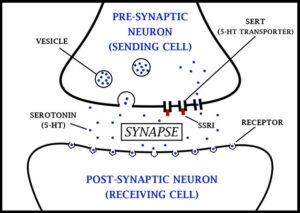
SSRI Medications
Best for: Moderate to severe depression
Effectiveness: 50% symptom reduction in clinical trials
Timeline: 4-6 weeks to feel effects
Key benefit: Consistent, predictable results
Natural Remedies
Best for: Mild to moderate depression
Effectiveness: Comparable to SSRIs in clinical trials
Timeline: Varies by approach (exercise works faster)
Key benefit: Fewer side effects, holistic health improvements
When SSRIs Work Best
SSRI medications shine in several specific situations. If you have severe depression that interferes with daily functioning, SSRIs provide faster, more reliable relief than natural remedies alone.
They’re also valuable when you’ve tried natural approaches without success. Plus, if you have co-occurring anxiety disorders or panic attacks, SSRI medications can address multiple conditions simultaneously.
When Natural Remedies Excel
Natural remedies often work better for people with mild to moderate depression. They’re particularly appealing if you want to avoid medication side effects or if you’re concerned about long-term drug use.
Plus, natural approaches like exercise improve your overall health beyond just treating depression. You’ll see benefits for your heart, weight, sleep, and energy levels that SSRI medications simply don’t provide.
Safety and Side Effects Comparison
Let’s get real about side effects. SSRI medications are generally safe, but they’re not side-effect-free. The most common complaints include sexual dysfunction, weight gain, and sleep disturbances.
About 38% of people taking SSRIs long-term experience at least one side effect. Sexual problems are particularly common, affecting up to 75% of users in some studies. This is a major reason why people stop taking their medication.
SSRI Side Effects You Should Know
The most troublesome side effects of SSRI medications include reduced sex drive and difficulty achieving orgasm. Weight gain of 5-15 pounds is also common with long-term use. Many people also experience nausea or diarrhea when first starting treatment.
Less common but serious risks include serotonin syndrome (when serotonin levels get too high). This medical emergency can happen if you combine SSRIs with certain other medications. The FDA also requires a black box warning about increased suicide risk in people under 25.
Natural Remedy Safety Profile
Natural remedies generally cause fewer side effects than SSRI medications. St. John’s wort has a side effect rate of only 2.4%, with most reactions being mild. Exercise, of course, carries virtually no risk for most people.
However, natural doesn’t mean risk-free. St. John’s wort can interact with many medications, including birth control pills, blood thinners, and HIV medications. It works by affecting liver enzymes that break down drugs, which can make other medications less effective.
Safety Checklist Before Starting Any Treatment
Making the Right Choice for Your Depression
So how do you decide? Start by honestly assessing your depression severity. If you can still function reasonably well at work and home, natural remedies might be your best first step.
But if depression is significantly disrupting your life, don’t wait. SSRI medications can provide faster relief and prevent depression from worsening. Remember, untreated depression carries its own serious risks, including a 15% lifetime suicide rate.
Consider a Combined Approach
Here’s something many people don’t realize: you don’t have to choose just one option. Research shows that combining SSRI medications with natural approaches like exercise often works better than either alone.
For example, adding regular exercise to SSRI treatment can boost medication effectiveness. Similarly, omega-3 supplements may enhance SSRI response in people who don’t get enough improvement from medication alone.
Questions to Ask Your Doctor
Before starting any treatment, have an honest conversation with your healthcare provider. Ask about your depression severity and whether it qualifies as mild, moderate, or severe. This assessment guides which treatments are most appropriate.
Also discuss your preferences and concerns. If you’re worried about sexual side effects, certain SSRIs cause fewer problems than others. If you prefer to start naturally, your doctor can help you design an effective plan with close monitoring.
What to Expect During Treatment
Realistic expectations matter tremendously. With SSRI medications, don’t expect overnight results. Most people need 4-6 weeks before noticing improvement, and full benefits may take 8-12 weeks.
Natural remedies can work faster in some cases. Exercise can boost mood within days, though sustained benefits require ongoing activity. St. John’s wort typically takes 4-6 weeks, similar to SSRI medications.
Monitoring Your Progress
Track your symptoms weekly during the first two months of treatment. Note changes in mood, energy, sleep, and appetite. This information helps you and your doctor determine if the treatment is working.
Don’t give up too quickly. Many treatments need adequate time to work before you’ll see results. However, if you experience severe side effects or worsening depression, contact your healthcare provider immediately.
Long-Term Considerations
Depression treatment isn’t just about feeling better today. It’s about staying well long-term. SSRI medications are typically taken for 1-2 years to prevent relapse after an episode resolves.
Research shows that staying on SSRI medications reduces relapse risk from 50% to 23% within two years. But you’ll need to work with your doctor to eventually taper off safely when you’re ready.
Sustaining Natural Approaches
Natural remedies require ongoing commitment. You can’t just exercise for a month and expect lasting benefits. The good news is that natural approaches become easier over time as they turn into healthy habits.
Plus, unlike medications, natural remedies like exercise improve your overall health in ways that last. You’re not just treating depression—you’re building a foundation for lifelong wellness.
The Bottom Line
SSRI medications and natural remedies both have important roles in treating depression. Neither is universally better than the other. Instead, the best choice depends on your individual circumstances, preferences, and depression severity.
For mild to moderate depression, natural remedies like St. John’s wort, exercise, and lifestyle changes can be equally effective with fewer side effects. For moderate to severe depression, SSRI medications provide more reliable and rapid improvement.
Most importantly, don’t try to treat serious depression alone. Work with a qualified healthcare provider to develop a personalized treatment plan. Whether you choose SSRI medications, natural remedies, or a combination, professional guidance ensures you get the safest and most effective care possible.
References
- Mayo Clinic – Selective Serotonin Reuptake Inhibitors (SSRIs)
- StatPearls – Selective Serotonin Reuptake Inhibitors
- NCBI – How Effective Are Antidepressants?
- Meta-Analysis on St John’s Wort vs SSRIs
- Johns Hopkins Medicine – Natural Relief for Depression
- Science Daily – Natural Remedies for Depression Research
- Harvard Health – Exercise as Depression Treatment
- Comparative Effectiveness of Exercise, Antidepressants and Their Combination
- Antidepressants or Running Therapy: Mental and Physical Health Comparison
- SSRI Antidepressant Medications: Adverse Effects and Tolerability
- Harvard Health – Real Risks of Antidepressants
Related Articles on Remedy Verified
Explore more evidence-based content on mental health and natural wellness:
Author Bio
The Remedy Verified Team translates complex metabolic science into clear, practical strategies for everyday health.
Medical Disclaimer
This article is for informational purposes only and does not constitute medical advice. Depression is a serious medical condition that requires professional diagnosis and treatment. Never start, stop, or change medications without consulting a qualified healthcare provider. If you’re experiencing suicidal thoughts, call 988 (Suicide & Crisis Lifeline) immediately. The information provided here should not replace professional medical advice, diagnosis, or treatment.
